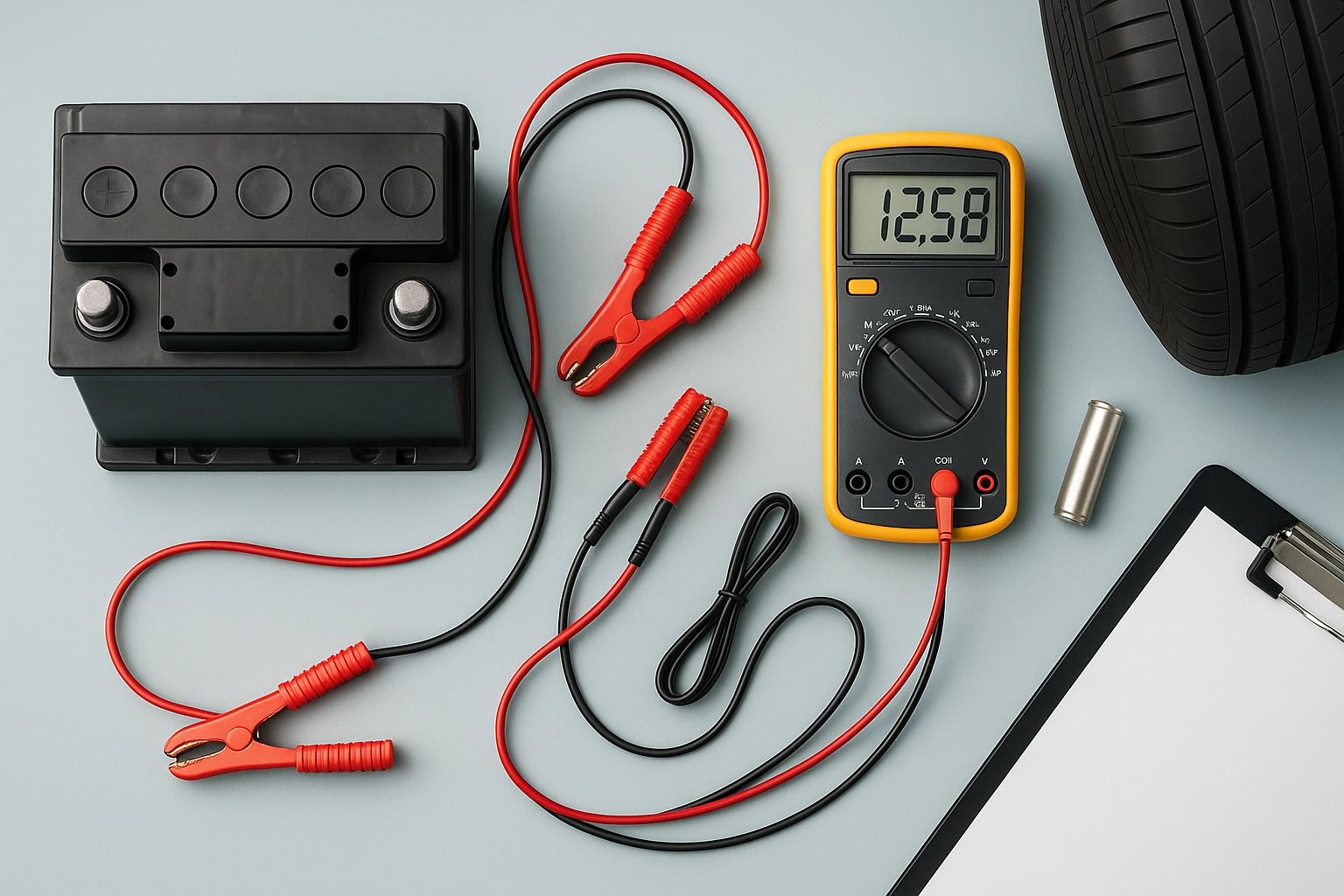ASTM F3416 EV Battery Impact Resistance Test
The ASTM F3416-20 standard specifies a procedure to determine how well an electric vehicle (EV) battery can withstand physical impact. This test is critical for ensuring the safety and reliability of EV batteries, which are subjected to various environmental stresses during manufacturing, transport, and use.
Testing under this ASTM F3416 protocol evaluates the structural integrity and energy containment capabilities of a battery module or pack after it has been impacted by an object. The test setup involves dropping a specified mass onto the top cover of the battery at a controlled velocity to simulate potential real-world impacts, such as those that might occur during transport in case of a vehicle accident.
The primary goal is to measure the amount of energy absorbed by the battery pack and how well it retains its structural integrity. The test setup includes precise measurement tools like accelerometers, force sensors, and displacement gauges to capture data on the impact event. This ensures that any changes in the battery’s performance or structural damage are quantified.
During testing, a representative sample of batteries is subjected to controlled impacts using a drop hammer. The test parameters include mass (typically 5 kg), height from which it drops (usually 1 meter), and impact direction. Compliance with these strict guidelines ensures accurate results that can be used for quality assurance purposes.
After the test, detailed reports are generated based on the collected data. These reports outline the exact conditions under which the tests were conducted, including temperature, humidity levels, and ambient conditions. They also provide a comprehensive breakdown of the forces exerted during impact, any observed damage to the battery casing or internal components, and the overall performance metrics.
Quality managers, compliance officers, R&D engineers, and procurement teams rely on these reports to make informed decisions about product design improvements, material selection, and supply chain management. By adhering strictly to ASTM F3416 standards, manufacturers ensure that their EV batteries meet rigorous safety requirements and are capable of withstanding the rigors of real-world usage.
Real-world scenarios where this test is particularly relevant include ensuring battery packs can handle unexpected drops or collisions during transport or accidental impacts on vehicles. This testing helps prevent potential hazards such as short circuits, thermal runaway, or catastrophic failure that could lead to fires or other safety risks.
The ASTM F3416-20 standard has been instrumental in advancing the EV industry by providing a robust framework for evaluating battery durability and resilience. It complements other standards like ISO 16750-10 and SAE J2985, which address similar aspects of battery safety and performance.
For those looking to implement ASTM F3416 in their testing protocols, Eurolab offers comprehensive services that include detailed protocol reviews, training sessions for personnel involved in the testing process, and support throughout the entire testing lifecycle. Our expertise ensures that every aspect of the test is conducted accurately and consistently.
Eurolab Advantages
EuroLab provides unparalleled services tailored to meet the rigorous demands of ASTM F3416 EV Battery Impact Resistance Test. Here are some key advantages:
- Comprehensive Support: We offer protocol reviews, training sessions, and ongoing support for all aspects of your testing.
- State-of-the-Art Equipment: Our facilities house the latest in testing equipment to ensure precise measurements and reliable results.
- Expertise: Our team comprises professionals with deep knowledge in automotive battery testing who can provide insights and recommendations based on extensive experience.
- Prompt Turnaround Times: We understand the importance of timely delivery, which is why we strive to offer fast turnaround times without compromising quality.
These advantages make EuroLab a preferred choice for companies looking to ensure their EV batteries meet the highest safety standards.
Quality and Reliability Assurance
- Precision Measurement: Our testing equipment is calibrated regularly to ensure accurate data collection.
- Data Integrity: All test results are meticulously recorded, ensuring transparency and traceability throughout the process.
- Consistency: Repeated tests yield consistent results, allowing for reliable assessment of battery performance over time.
These quality assurance measures help maintain high standards in our testing processes, providing clients with confidence in their test outcomes.
Environmental and Sustainability Contributions
- Eco-Friendly Materials: We use environmentally friendly materials where possible to reduce the carbon footprint of our operations.
- Energy Efficiency: Our facilities are designed with energy efficiency in mind, minimizing resource consumption during testing.
- Sustainable Practices: By adhering to stringent standards like ASTM F3416, we contribute positively to sustainability goals within the automotive industry.
EuroLab's commitment to environmental stewardship aligns with broader industry trends towards more sustainable practices. Through our testing services, we help manufacturers design safer and more reliable EV batteries while minimizing their impact on the environment.





